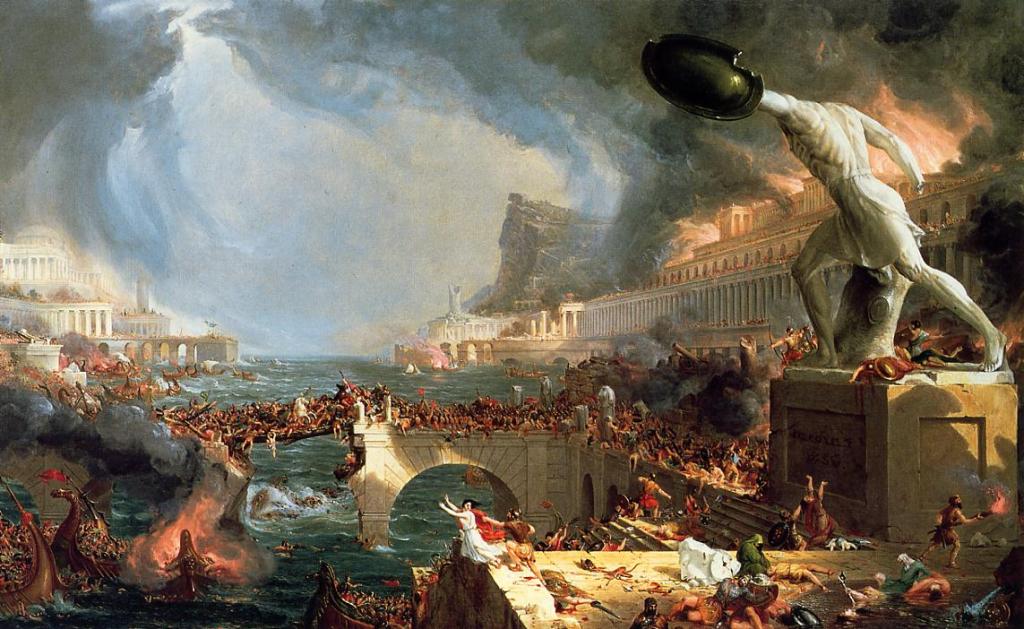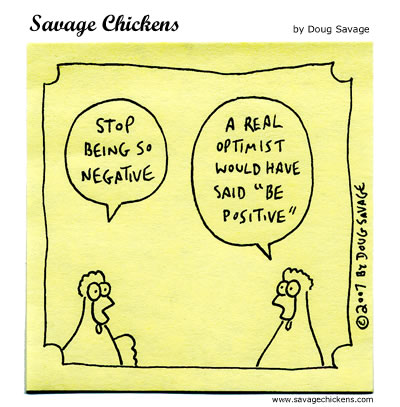
Reprising this series of quotations, collected over the years, on the theme of pessimism about the present in relation to the past:
Plato, 360 BCE: “In that country [Egypt] arithmetical games have been invented for the use of mere children, which they learn as pleasure and amusement. I have late in life heard with amazement of our ignorance in these matters [science in general]; to me we appear to be more like pigs than men, and I am quite ashamed, not only of myself, but of all Greeks.” (Laws, Book VII)
Catullus, c. 60 BCE: “Oh, this age! How tasteless and ill-bred it is!”
Sallust, 86– c. 35 BCE: “to speak of the morals of our country, the nature of my theme seems to suggest that I go farther back and give a brief account of the institutions of our forefathers in peace and in war, how they governed the commonwealth, how great it was when they bequeathed it to us, and how by gradual changes it has ceased to be the noblest and best, and has become the worst and most vicious.” About Rome’s forefathers: “good morals were cultivated at home and in the field; there was the greatest harmony and little or no avarice; justice and probity prevailed among them.” They “adorned the shrines of the gods with piety, their own homes with glory, while from the vanquished they took naught save the power of doing harm.” But Rome now is a moral mess: “The men of to‑day, on the contrary, basest of creatures, with supreme wickedness are robbing our allies of all that those heroes in the hour of victory had left them; they act as though the one and only way to rule were to wrong.” (The Catiline War)
Horace, c. 23-13 BCE: “Our fathers, viler than our grandfathers, begot us who are viler still, and we shall bring forth a progeny more degenerate still.” (Odes 3:6)
Alberti, 1436: Nature is no longer producing great intellects — “or giants which in her youthful and more glorious days she had produced so marvelously and abundantly.” (On Painting)
Peter Paul Rubens, c. 1620: “For what else can our degenerate race do in this age of error. Our lowly disposition keeps us close to the ground, and we have declined from that heroic genius and judgment of the ancients.”
Mary Wollstonecraft, c. 1790: “As from the respect paid to property flow, as from a poisoned fountain, most of the evils and vices which render this world such a dreary scene to the contemplative mind.”

William Wordsworth, 1802:
“Milton! thou should’st be living at this hour:
England hath need of thee: she is a fen
Of stagnant waters: altar, sword, and pen,
Fireside, the heroic wealth of hall and bower,
Have forfeited their ancient English dower
Of inward happiness. We are selfish men;
Oh! raise us up, return to us again;
And give us manners, virtue, freedom, power.”
(“London”)
John Stuart Mill, in 1859, speaking of his generation: “the present low state of the human mind.” (On Liberty, Chapter 3)
Friedrich Nietzsche, in 1871: “What else, in the desolate waste of present-day culture, holds any promise of a sound, healthy future? In vain we look for a single powerfully branching root, a spot of earth that is fruitful: we see only dust, sand, dullness, and languor” (Birth of Tragedy, Section 20).
Frederick Taylor, 1911: “We can see our forests vanishing, our water-powers going to waste, our soil being carried by floods into the sea; and the end of our coal and our iron is in sight.” (The Principles of Scientific Management)

T. S. Eliot, c. 1925: “We can assert with some confidence that our own period is one of decline; that the standards of culture are lower than they were fifty years ago; and that the evidences of this decline are visible in every department of human activity.”
So: has the world really been in constant decline? Or perhaps, as Gibbon put it in The Decline and Fall of the Roman Empire (1776): “There exists in human nature a strong propensity to depreciate the advantages, and to magnify the evils, of the present times.”
Words to keep in mind as we try to assess objectively our own generation’s serious problems.
Related: “The Moral Equivalent of War” | William James | Philosophers Explained | Stephen Hicks
Great collection of quotes – you’re always so good at finding the counter-evidence to age-old claims. I especially like the one from Plato.
Suggestion – add:
“The Evolution of Civilizations” by Carroll Quigley (1961; Reprint 1979 Liberty Fund) [subtitled; “An Introduction to Historical Analysis”]
Of course his subsequent “Tragedy and Hope” is more along the trends of this post.
Oh yes- and:
Jacques Barzun’s ” From Dawn to Decadence” (2000 Harper Collins) {500 years of Western Cultural Life} [1500 to the present]
The answer seems to be that either we, here in the “core” of Western Civilization are in “Decline,” or the core is again moving westward to the other edge of the Pacific Rim.
For surely, the “Classical” Civilization did decline and “come apart,” though it took about 1,000 years.
Very good books, both of them. Thanks, Richard.
These quotes attest to the fact that all ages have been filled with the inane and the corrupt. Along with relatively few enlightened sophisticates. However, who leaves posterity the most literature and accomplishments of historic note?
Looking back, we focus on the Founding Fathers, not the ignorant louts, privileged wastrels, and King’s loyalists. Thus, the Founders’ society looms larger in our survey of the times than it was. There is a larger society of Objectivist and libertarian oriented thinkers today, but alas, less influential. How is that rated?
On a more concrete level, arguments can be made for different categories of activity. The quality of education seems well documented to have grown since the Renaissance, but declined in America over the last century? Technology has bloomed, yet the average standard of living or inflation adjusted income, by some economic studies, has declined in America since the 1960s.
The erosion of America’s constitutional protections has continued from its adoption. On the other hand, the concept of individual rights has grown and spread since Magna Carta – raising the sophistication of millions globally; including for America’s slaves which the constitution never protected.
So, the answer is yes and no, depending on where and when you look? Neither progress nor decline has been uniform.
A socialist is in the White House, but “Atlas Shrugged” is a 50-year bestseller. Seems we are about to take a significant leap one way or the other.
[Thanks for the challenge.]
On the other hand, if we consider modern developments in art, civilization has been declining since cave painting.
Damn kids and their rock ‘n’ roll …
A weak selection of quotes (IMO).
Two of the ten (Plato and Wollstonecraft) lament the existing state of affairs with no explicit suggestion of a decline.
Civilizations have declined and fallen before. There is no reason to believe ours is going to be different. We can and should try to at the very least maintain the status quo, if we cannot improve it, of course. But being complacent is unwise.
As the Bible will attest, human beings are obsessed with ‘signs’ that portend doom. I see that as a consequence of a survival trait. When human beings were moving through the wilderness, they had to be alert to predators and other dangers. Our perceptual systems will in backgrounds and attempt to find patterns in the background that might be the shape of part of a predator. If it hadn’t been a successful attribute, evolution would probably have extinguished it. We do seem to constantly chunking up incomplete data into themes based on our worst past experiences – or am I only speaking for myself?
Is our tendency to see the worst possible in things a survival trait? And is that counterbalanced by people who tend to see wonderful potential in things – entrepreneurs and fiction writers?